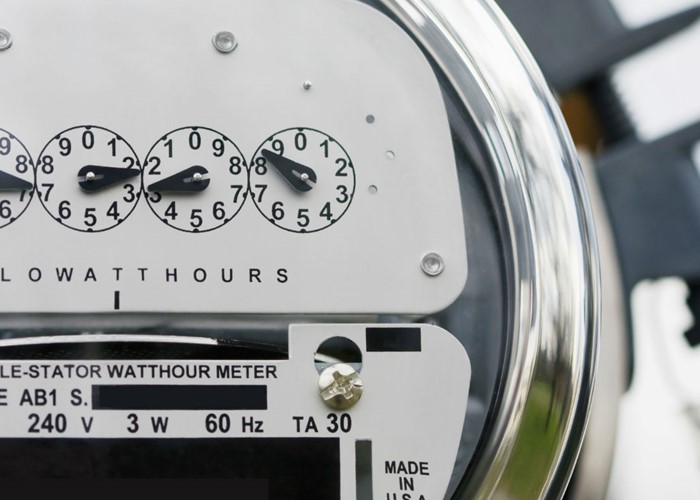10 million energy bills rise

Nearly 10 million households will have higher energy bills by the end of this week, but savings that can be made from switching have increased.
Three big gas and electricity price hikes were completed by the end of last week. British Gas increased its prices on Friday 10 December by an average of about 7%. Scottish and Southern Electric increased its prices by 9% on 1 December and ScottishPower increased its prices on 25 November. ScottishPower doesn't admit the total average difference, but says electricity is increased by 9% and gas by 2%.
These price hikes from three of the big six suppliers affect nearly 10 million households. Smaller suppliers, such as Ovo Energy, have also increased prices (although since Ovo's tariffs are fixed, just new customers will be affected).
No escape from increases
Increases from those big three suppliers have been applied to the vast majority of their tariffs, with relatively few exceptions: some business tariffs, tariffs for some people considered to need the most support, and capped and fixed deals.
This is interesting, and not in a good way, because it means the cheapest tariffs – which are the new tariffs for people switching – have also gone up in price. The energy companies have not excluded switchers.
However, over the past two years, while suppliers have twice dramatically announced benevolent reductions in prices, all they did was lower the prices of the most expensive tariffs. The cheap new tariffs for people switching didn't get any cheaper. (This leads to an interesting point about how wrong standard energy-switching guidance is. Read more in You're making the same mistake again.)
That is another pricing trick we can add to our list of 5 gas and electricity rip offs.
Bigger savings can be made now
Prices of the cheapest deals – those available to switchers only – have risen by about 10% since mid-August. For many low users the price of their cheapest deal could rise even further, after NPower, a table-topper in many areas, increases prices early next year.
Despite these large increases to the cheapest tariffs, the price difference between the cheapest tariffs and the most expensive has widened over the past year or so. This is due to to quiet, unannounced tinkering of prices, which has left the most expensive tariffs £256 more costly than the cheapest online deals. That is an average saving: you could save more or less. You're more likely to save more if you've not switched for a few years or have never switched since moving to your current home.
Don't be fooled by the phrase 'the most expensive tariffs' into believing that's probably not you. There are mostly two tiers of customer: those languishing on expensive tariffs, having let their prices become less competitive by not switching for a while, and those who switch about once per year. Most people sit in the former group, and are throwing away good money that could now be being spent on Christmas presents or reducing debt.
In other words, most tariffs are a lot more expensive than the most recent batch of new tariffs, despite the price rises.
47% higher bills this December
To compound the rising costs, this has been, and is forecast to be, a very cold December. Taking into account the price rises and the cold, we can expect to pay 47% more this December. It's too late to reduce your costs for this month as it can take about four weeks before the energy suppliers flick the switch that changes where your bills come from.
However, it makes sense to switch as soon as possible to be on a cheaper tariff for the remaining colder months. Even in an average winter, we use about 40% more energy in these months than in summer.
If you choose not to switch
Finally, if you don't bother switching, remember that your direct debits could be adjusted upwards soon. British Gas has already said that it is doing this now for its customers. It may interest you to know that many energy suppliers habitually set the direct debit far too high, so that after a year of both summer and winter payments, when your balance should be around zero, you've accrued a huge credit on your account.
That credit is typically hundreds of pounds that you're giving your supplier in a free loan. If your supplier wants to put up your direct debits, check if you have a big credit. If you do, consider asking them for it back, and telling them they do not have permission to increase your direct debit. You can read more about this in Save £200 And Get A £200 Rebate From Your Energy Supplier.
Compare gas and electricity prices through lovemoney.com.
Comments
Be the first to comment
Do you want to comment on this article? You need to be signed in for this feature